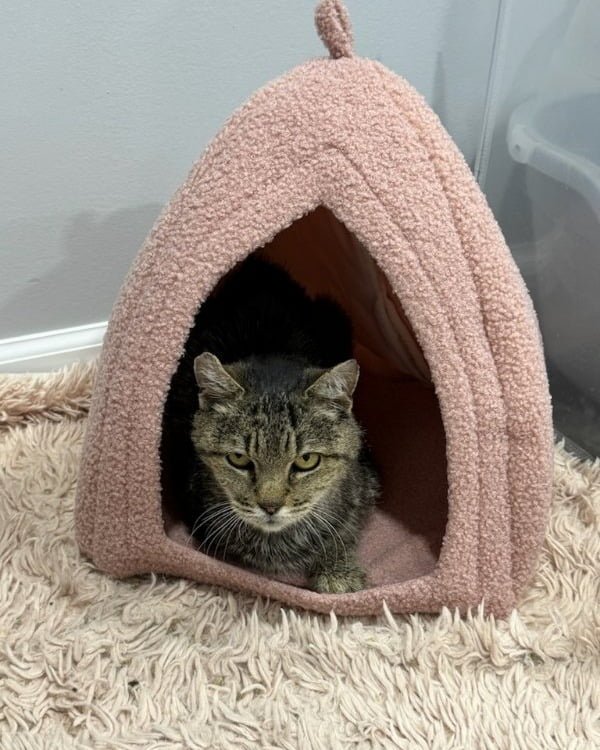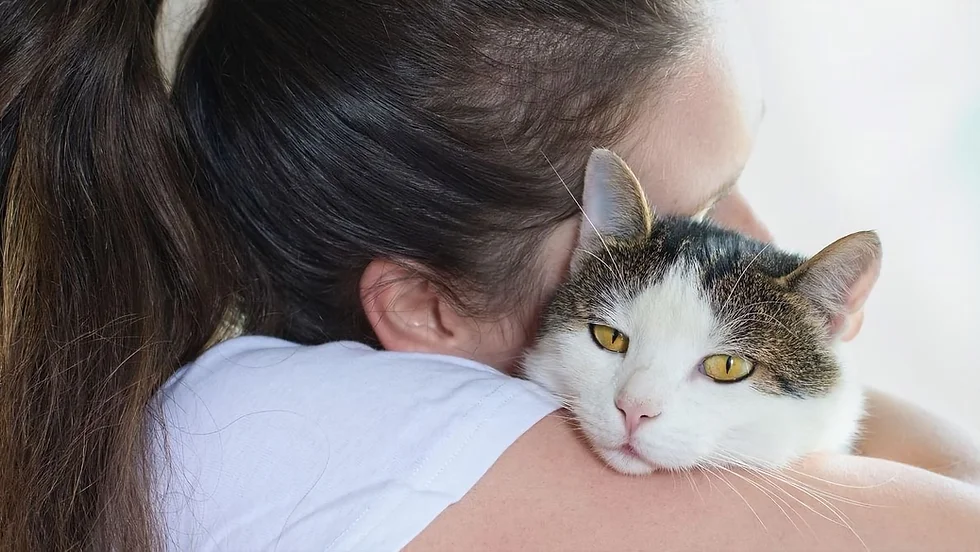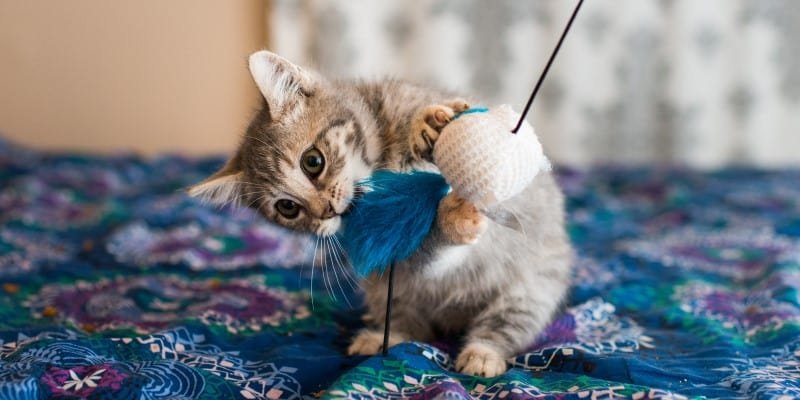Discover expert tips caring for Senior Cats. From food to physical health, Cats provides all the information you need to ensure your elderly cat lives a joiful and healthful life.
As our beloved feline companions gracefully traverse the twilight of their lives, their needs evolve, necessitating a shift in our approach to their well-being. Gone are the days of rambunctious kittens; in their place emerges a gentler, more contemplative Senior Cats, deserving of our utmost attentiveness and care. This handbook delves into the intricacies of senior cat care, empowering you to navigate this enriching chapter with confidence and unwavering devotion.
Embracing the Physical Transformations

With the passage of time, subtle physical changes paint the canvas of your senior cat’s being. Their once boundless energy may wane, replaced by a newfound appreciation for leisurely naps and sun-drenched snoozes. Mobility might diminish, demanding adjustments to their environment to ensure continued access to cherished perches and cozy hideaways. Digestive sensitivities may arise, necessitating a reevaluation of their dietary regime.
Nurturing a Supportive Environment

Your senior cat’s haven deserves a meticulous transformation to accommodate their evolving needs. Easy access to food and water stations, strategically placed across their living space, becomes paramount. Litter boxes, once relegated to a single corner, may now require multiplication and relocation to ground level, readily accessible even for arthritic paws. Consider ramps and cushioned platforms to bridge the gap between the floor and their favorite windowsills or elevated napping spots.
Maintaining Culinary Delights

As your cat’s metabolism adjusts to a more sedentary lifestyle, their dietary needs require reevaluation. Consult your veterinarian to craft a personalized nutritional plan that caters to their changing preferences and potential health concerns. Explore palatable wet food options alongside dry kibble, ensuring adequate hydration, especially crucial for senior felines. Remember, mealtimes should be a source of comfort and enjoyment, not frustration.
The Veterinary Touch: A Pillar of Well-being
Regular veterinary checkups become even more vital as your cat gracefully traverses their senior years. Biannual examinations allow for the early detection and management of age-related health concerns, ensuring your furry friend enjoys a golden age free from preventable ailments.
Showers of Affection: The Unsung Elixir

As your cat’s physical prowess undergoes subtle transformations, their emotional needs remain constant. Tender moments of petting, gentle grooming sessions, and playful interactions tailored to their reduced energy levels become cornerstones of their emotional well-being. Remember, your presence, your voice, and the unwavering affection you radiate are the most potent balms for their aging soul.
A Tapestry of Time Well-Spent
Caring for a senior cat is a tapestry woven with threads of dedication, patience, and boundless love. It is a privilege to witness their gentle transformation, to adapt to their evolving needs, and to be the constant source of comfort and security in their twilight years. Embrace this enriching journey, for it is a testament to the profound bond that transcends the test of time, a love story whispered in purrs and nuzzles, a symphony of devotion played out in quiet moments of companionship.
Remember, your senior cat is not merely aging; they are gracefully waltzing into a new chapter of life, a chapter brimming with love, contentment, and the quiet wisdom that comes with a life well-lived. Let this handbook be your guide, your compass, as you navigate this wondrous journey together.
Additional Tips for a Fulfilling Senior Cat Experience

- Provide ample opportunities for mental stimulation: Interactive toys, food puzzles and engaging scent work activities can keep your senior cat’s mind sharp and prevent boredom.
- Create a safe haven: Ensure your cat has access to a quiet, draft-free space where they can retreat and feel secure.
- Maintain a consistent routine: Regular mealtimes, playtime schedules, and even litter box cleaning routines offer a sense of normalcy and comfort for your senior cat.
- Celebrate every milestone: Acknowledge and cherish each precious moment with your aging companion. Every purr, every gentle head nudge, is a testament to the enduring bond you share.
By embracing these insights and showering your senior cat with unwavering love, you can transform their golden years into a masterpiece of contentment and mutual devotion. May your journey together be brimming with purrs, cuddles, and the quiet magic of a love that transcends time itself.
FAQs about Caring for Senior Cats

1. When is a cat considered senior?
Traditionally, cats were considered seniors at around 8 years old. However, with advancements in veterinary care and improved nutrition, feline lifespans have extended significantly. Today, cats are generally considered seniors between the ages of 11-14 years old.
2. What are some common signs of aging in cats?
Some common signs of aging in cats include:
- Decreased activity and playfulness
- Increased sleepiness
- Weight gain or loss
- Loss of appetite
- Changes in litter box habits
- Stiffness or difficulty moving around
- Changes in vision or hearing
- Grooming difficulties
3. How can I make my senior cat’s home more comfortable?
Here are some ways to make your senior cat’s home more comfortable:
- Provide easy access to food, water, and litter boxes: Place food and water bowls on the ground or on low platforms. Keep litter boxes in easily accessible locations and consider using shallow boxes or boxes with ramps.
- Create cozy sleeping areas: Provide your cat with soft, comfortable beds in quiet, draft-free locations. Consider using heating pads or elevated beds if your cat has arthritis.
- Make it easy to get around: Place ramps or steps near furniture and windowsills that your cat used to enjoy.
- Reduce clutter: Clear away any obstacles that could make it difficult for your cat to move around.
- Provide mental stimulation: Offer your cat interactive toys, food puzzles, and scent work activities to keep their mind sharp.
- Maintain a consistent routine: Stick to a regular schedule for meals, playtime, and litter box cleaning. This will help your cat feel secure and comfortable.
4. What are some common health problems in senior cats?
Some common health problems in senior cats include:
- Arthritis: This is a painful condition that can affect the joints.
- Kidney disease: This is a common condition in senior cats that can affect their ability to filter waste products from their blood.
- Hyperthyroidism: This is a condition in which the thyroid gland produces too much thyroid hormone.
- Diabetes mellitus: This is a condition in which the body is unable to properly use insulin.
- Dental disease: This is a common problem in cats of all ages, but it can be more serious in senior cats.
5. How often should I take my senior cat to the vet?
It is important to take your senior cat to the vet for regular checkups, even if they seem healthy. Your veterinarian can monitor your cat’s health and detect any potential problems early on. Biannual checkups are generally recommended for senior cats.
Bonus Tip: Consider using a pheromone diffuser to help reduce stress and anxiety in your senior cat.
I hope these FAQs provide you with some helpful information about caring for your senior cat. Remember, every cat is an individual, so it is important to talk to your veterinarian about the specific needs of your furry friend.
Please note that this information is not a substitute for professional veterinary advice. Always consult with your veterinarian if you have any concerns about your cat’s health.
Pingback: 9 Signs Your Cat Is Stressed Out (And How to Help) -
Pingback: Spider Plants and Cats: Debunking the Hallucination Myth
Pingback: Blue Hibiscus: A Guide to Growing and Caring